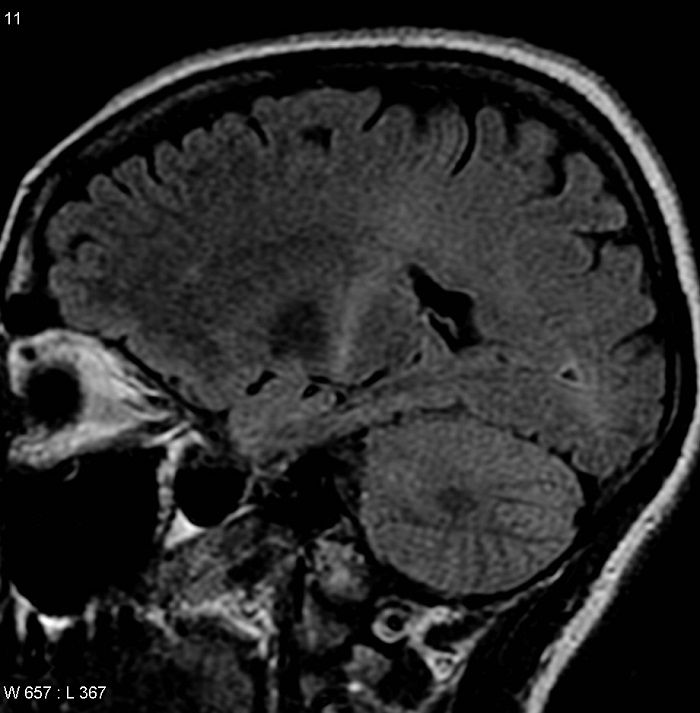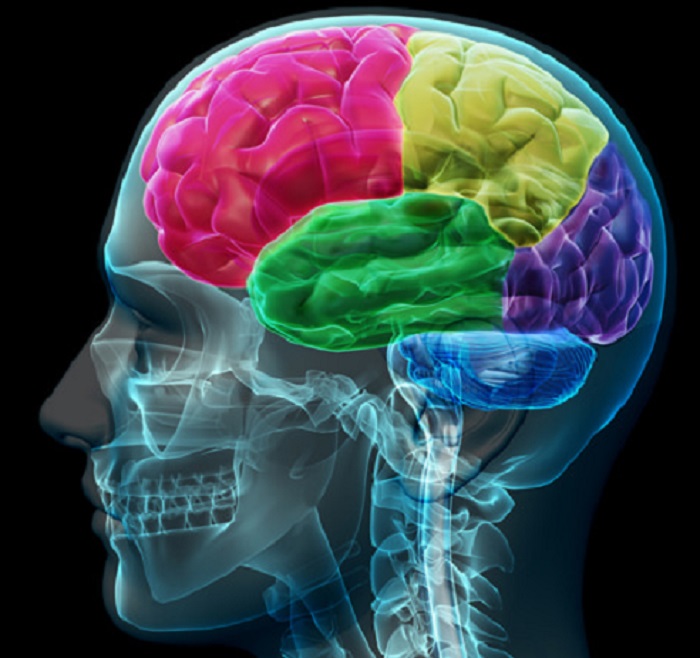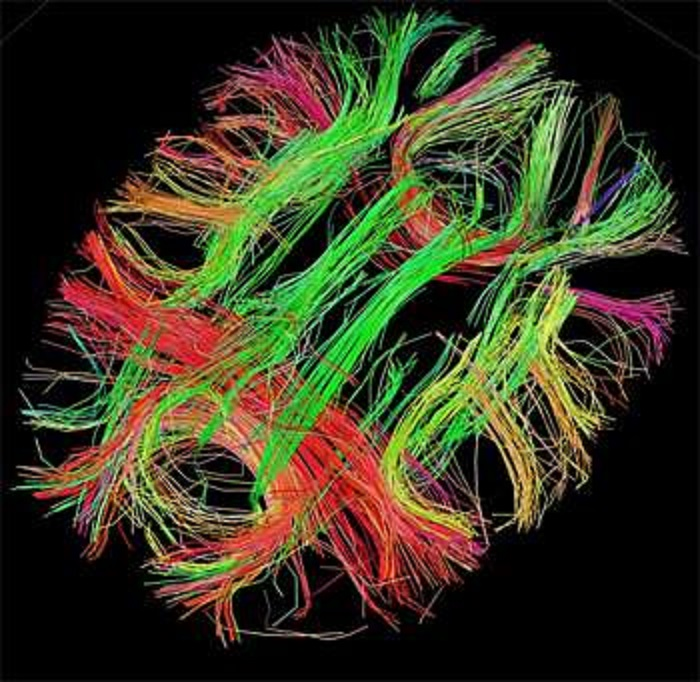Study opens new door for ALS drug discovery

Photo credit: Frank Gaillard / CC BY-SA
Researchers at the University of North Carolina School of Medicine announced the first-ever evidence-based description of the neuronal protein clumps thought to be important in Amyotrophic Lateral Sclerosis (ALS), also known as Lou Gehrig's disease, a fatal neurodegenerative condition.
Mental disorders associated with subsequent chronic physical conditions

Photo credit: PinkPersimon via Foter / CC BY
International survey data suggest an assortment of mental disorders (mood, anxiety, impulse control, and substance use disorders) were associated with increased risk of the onset of a wide array of chronic physical conditions (arthritis, chronic pain, heart disease, stroke, hypertension, diabetes, asthma, chronic lung disease, peptic ulcer and cancer).
Changes in brain connectivity protect against developing bipolar disorder

Photo Credit: Human Connectome Project
Naturally occurring changes in brain wiring can help patients at high genetic risk of developing bipolar disorder avert the onset of the illness, according to a new study led by researchers at the Icahn School of Medicine at Mount Sinai and published online today in the journal Translational Psychiatry. The study's findings open up new avenues for researchers to explore ways the brain can prevent disease expression, also known as resilience, with the hope of developing better treatments.
Taking Vitamin D May Benefit People with Multiple Sclerosis

Photo credit: MTSOfan via Foter / CC BY-NC-SA
Taking a high dose of vitamin D3 is safe for people with multiple sclerosis and may help regulate the body’s hyperactive immune response, according to a pilot study published by Johns Hopkins physicians in the Dec. 30 online issue of Neurology, the medical journal of the American Academy of Neurology.